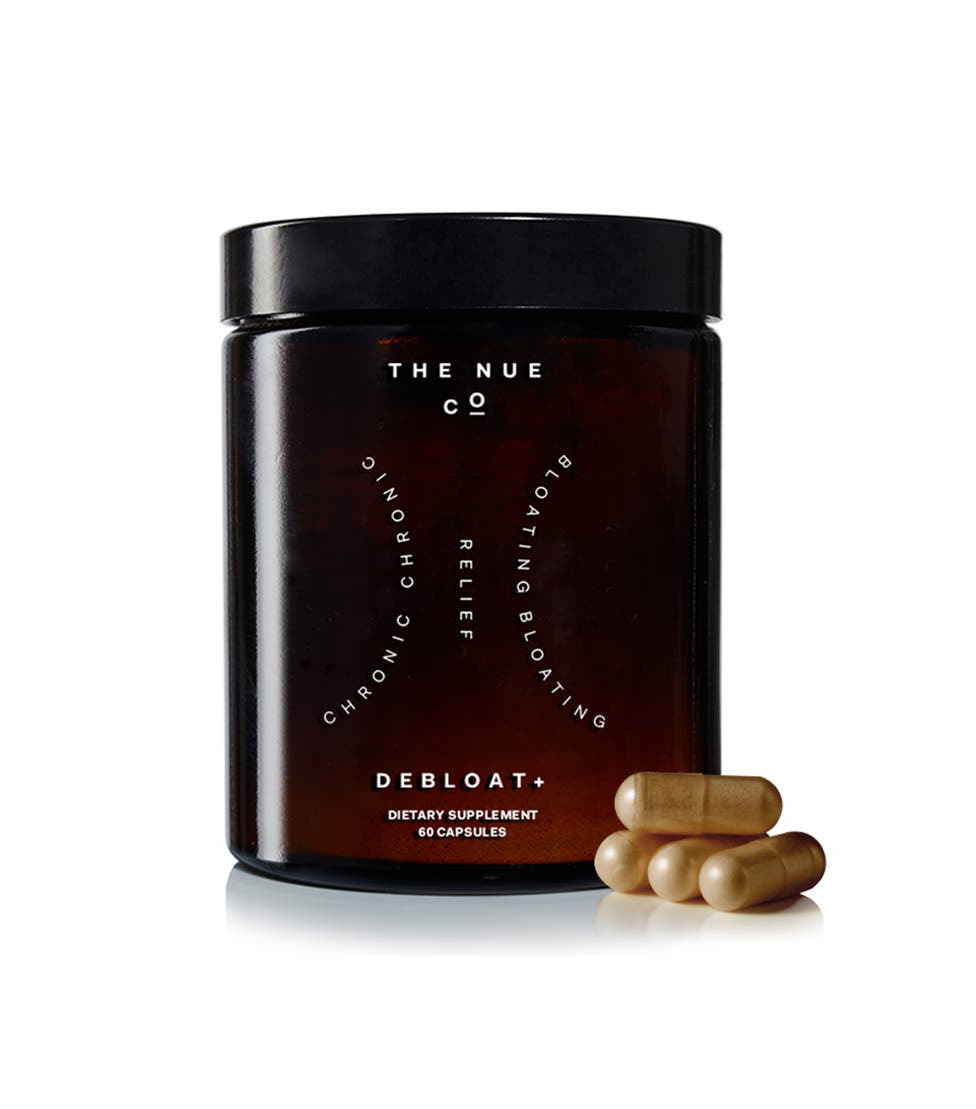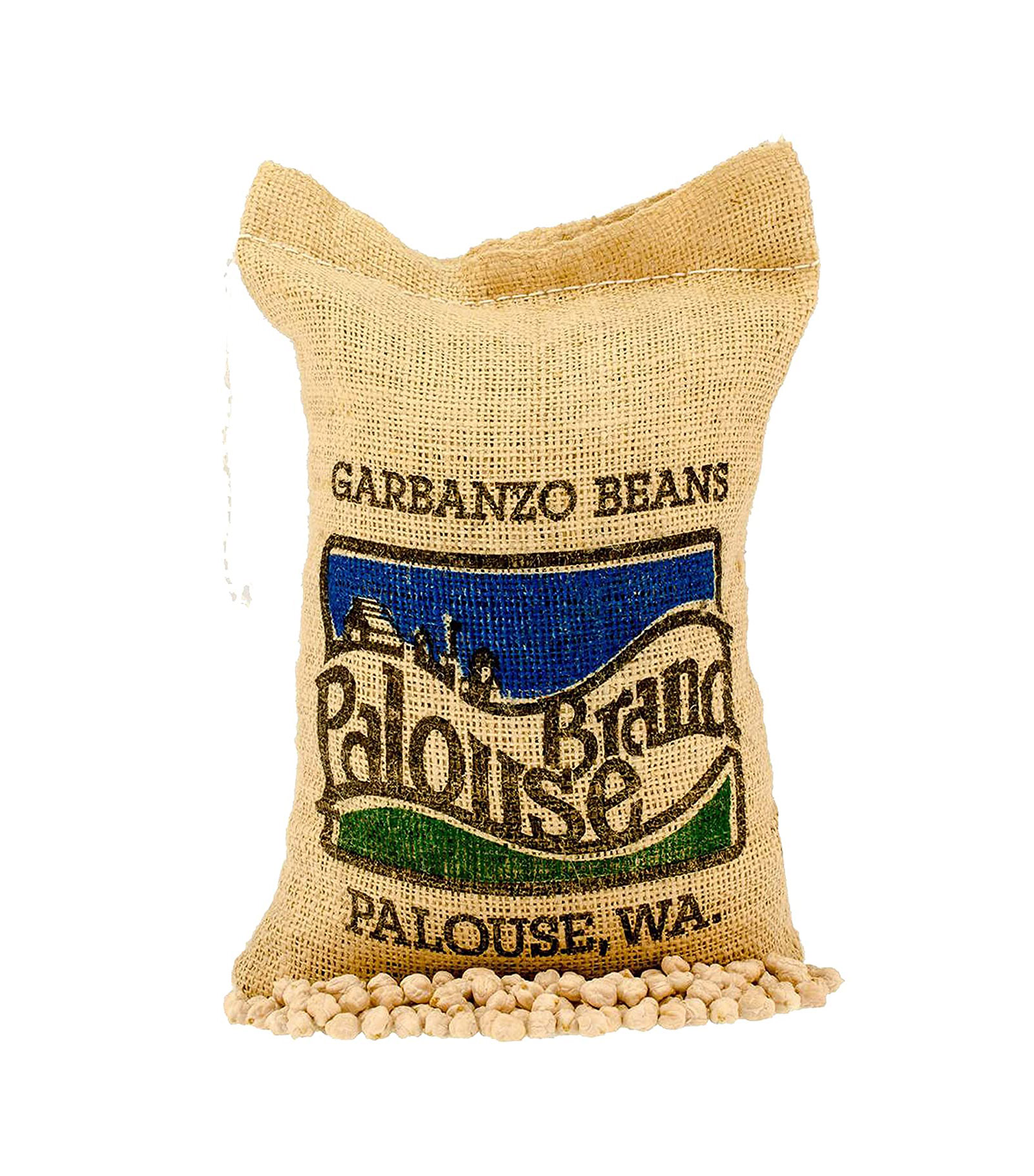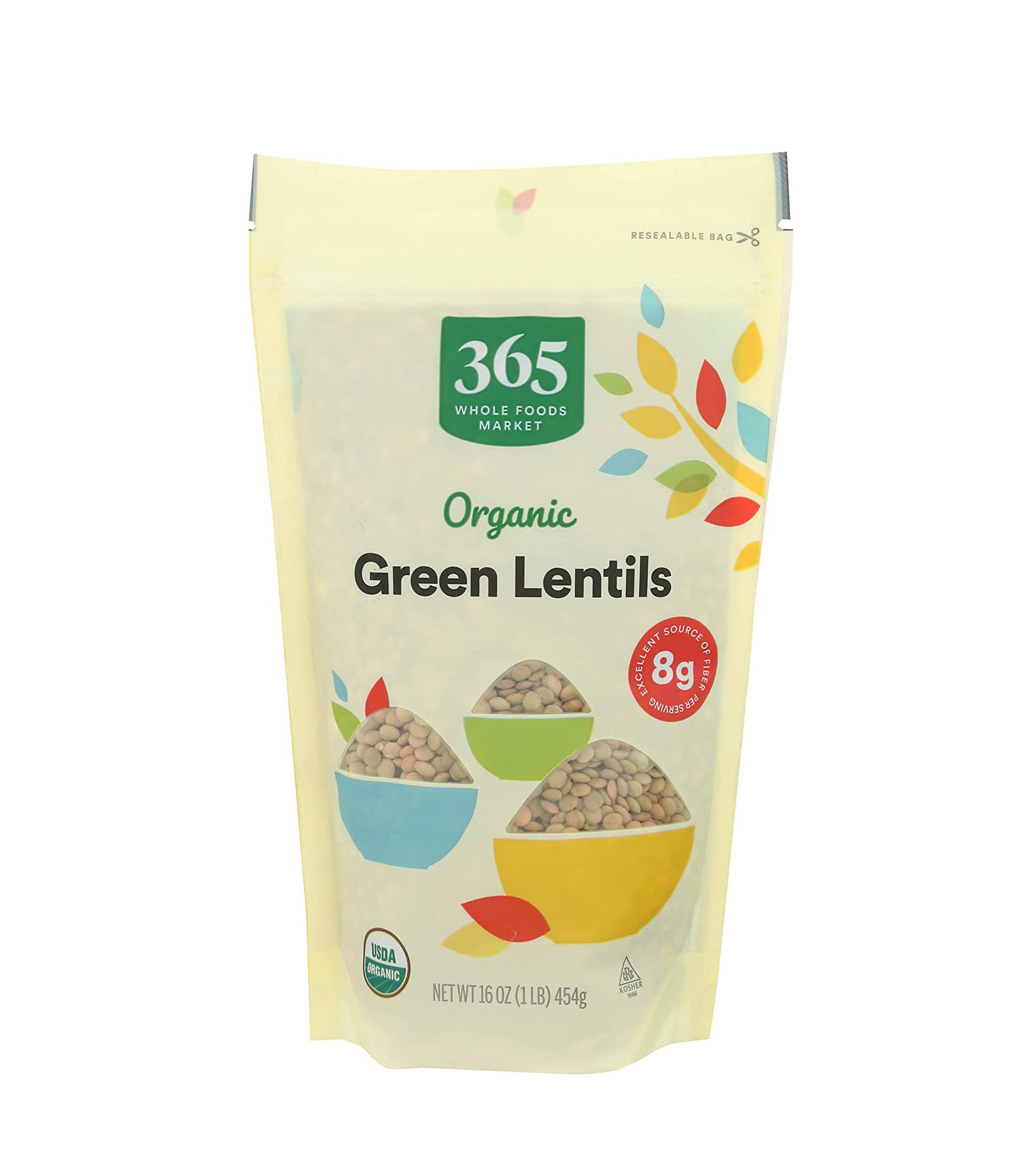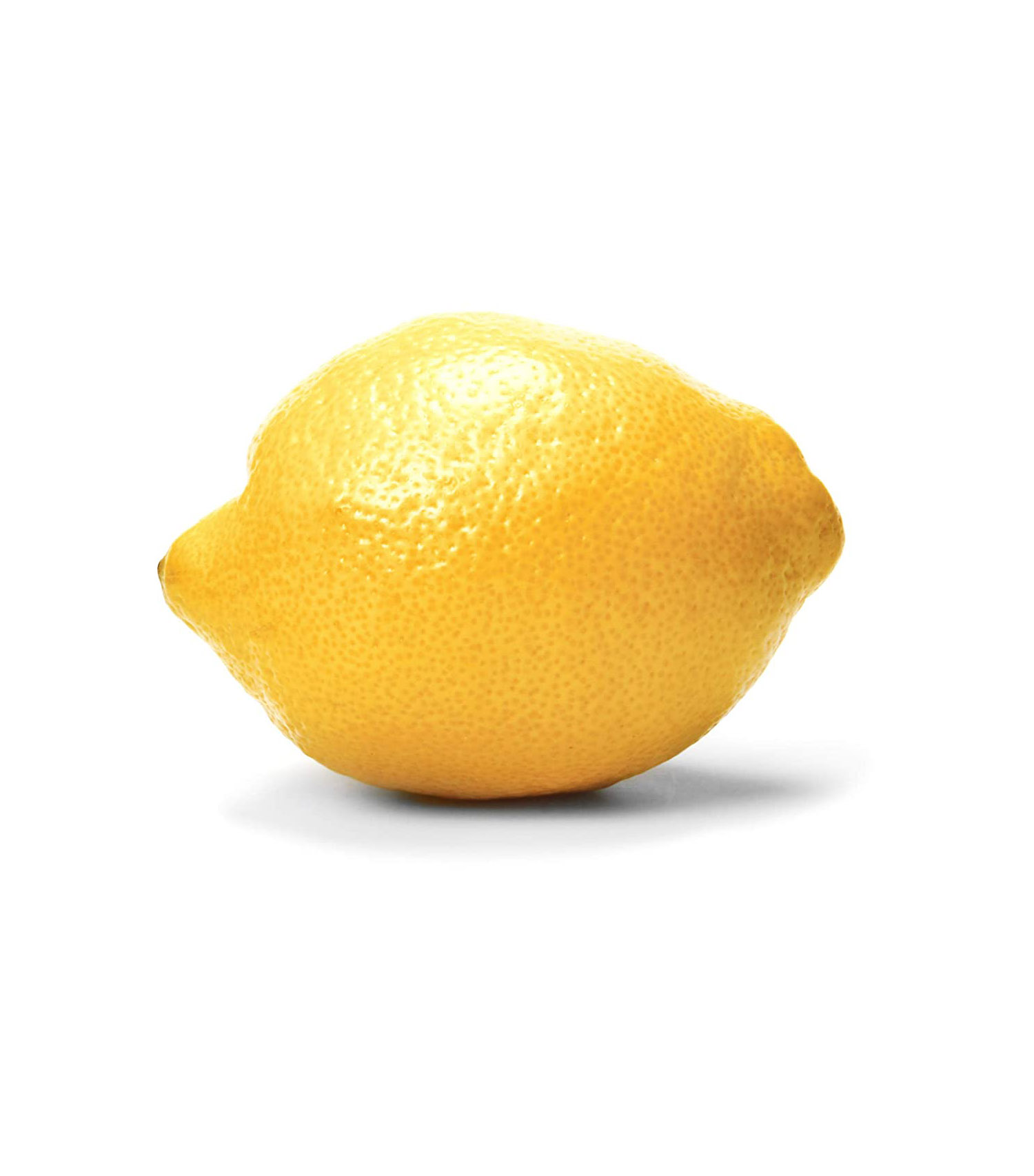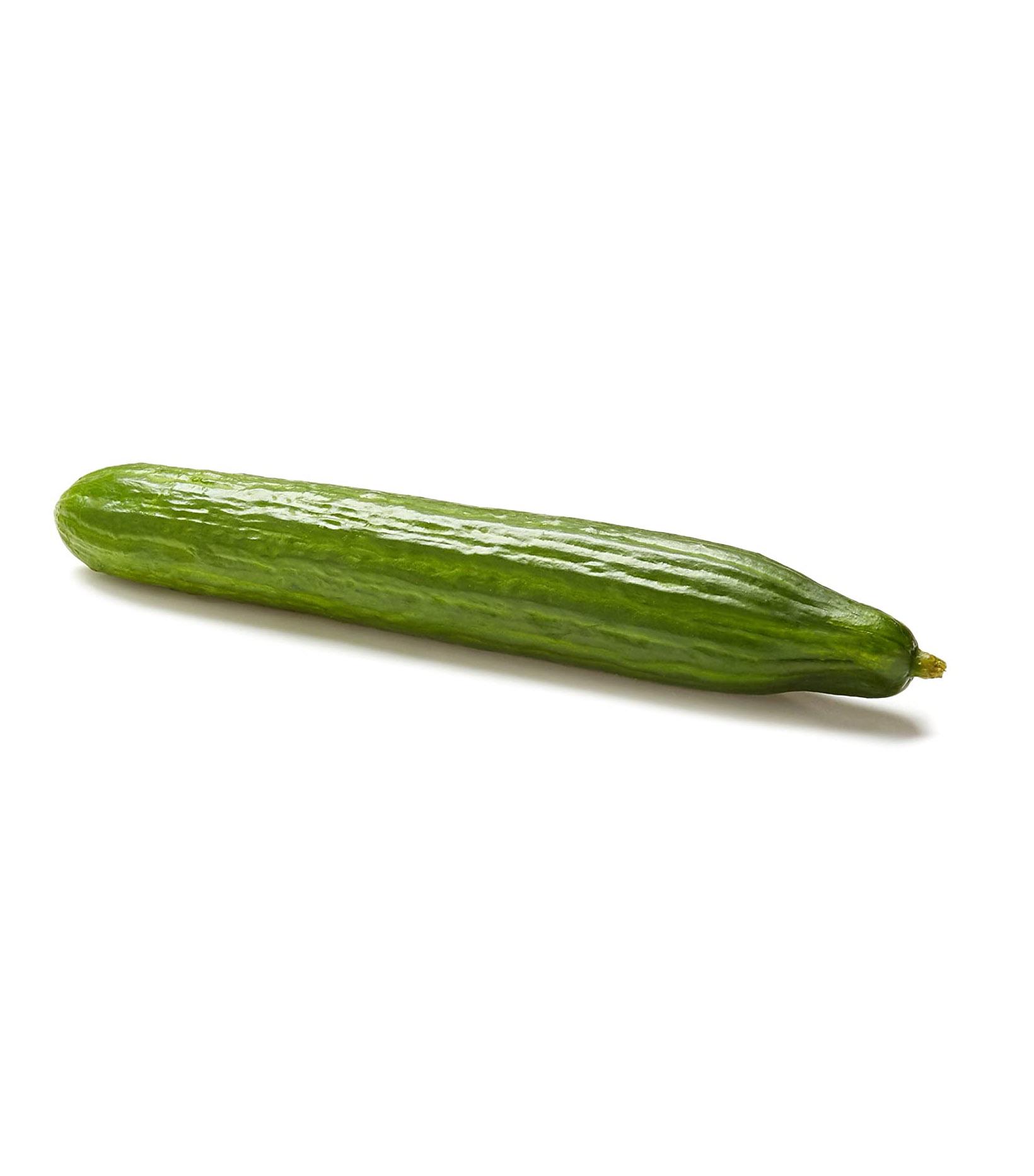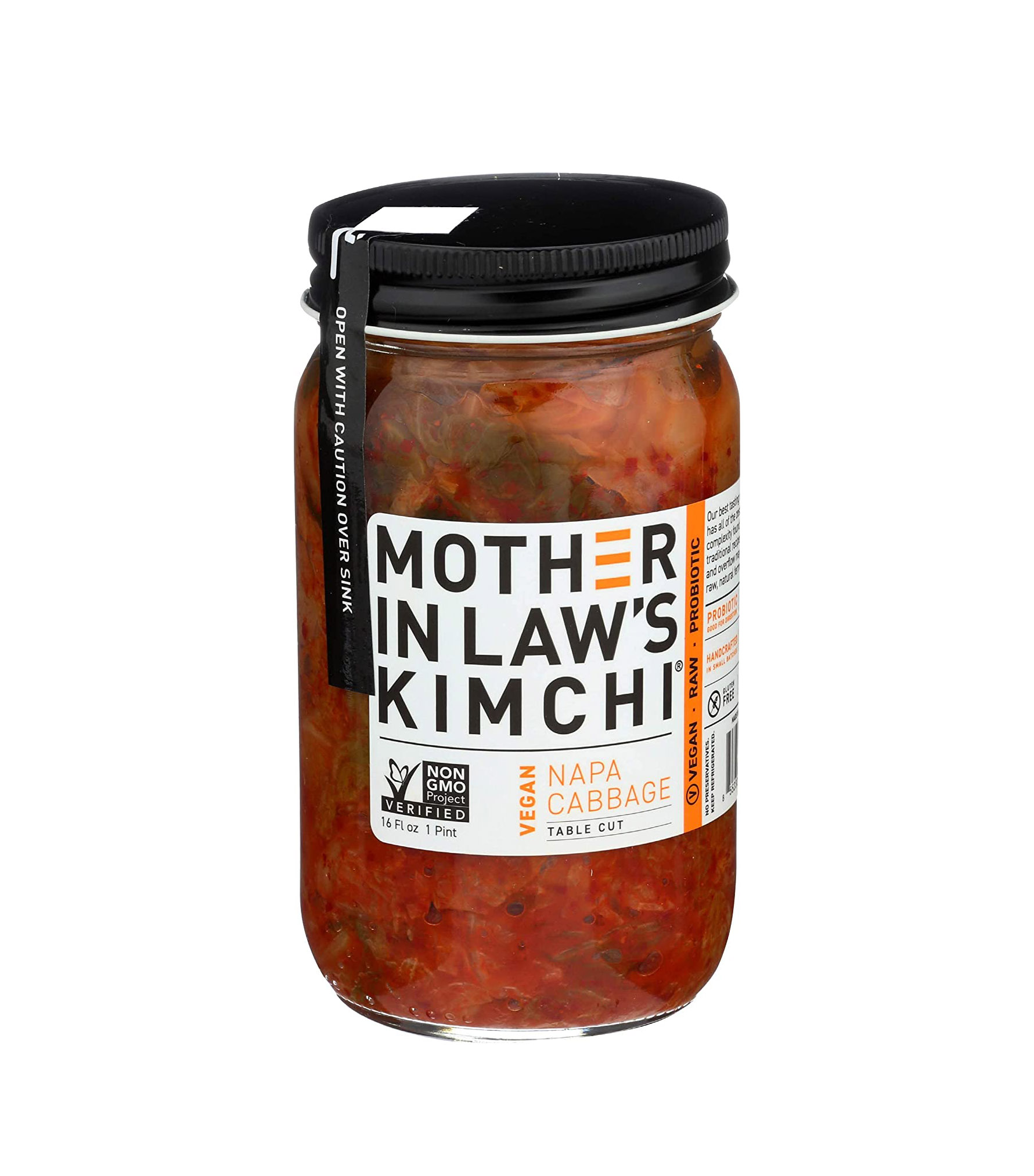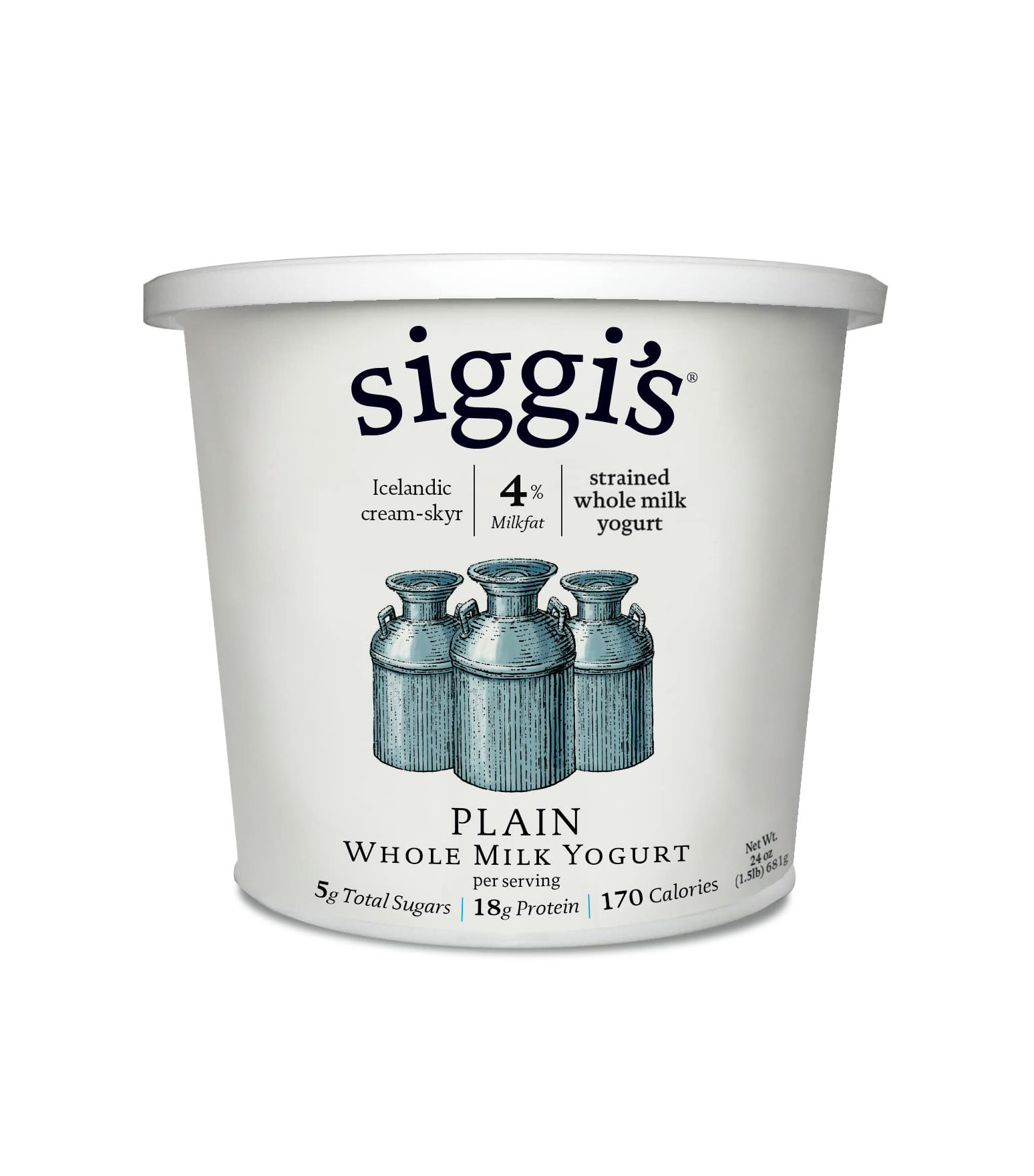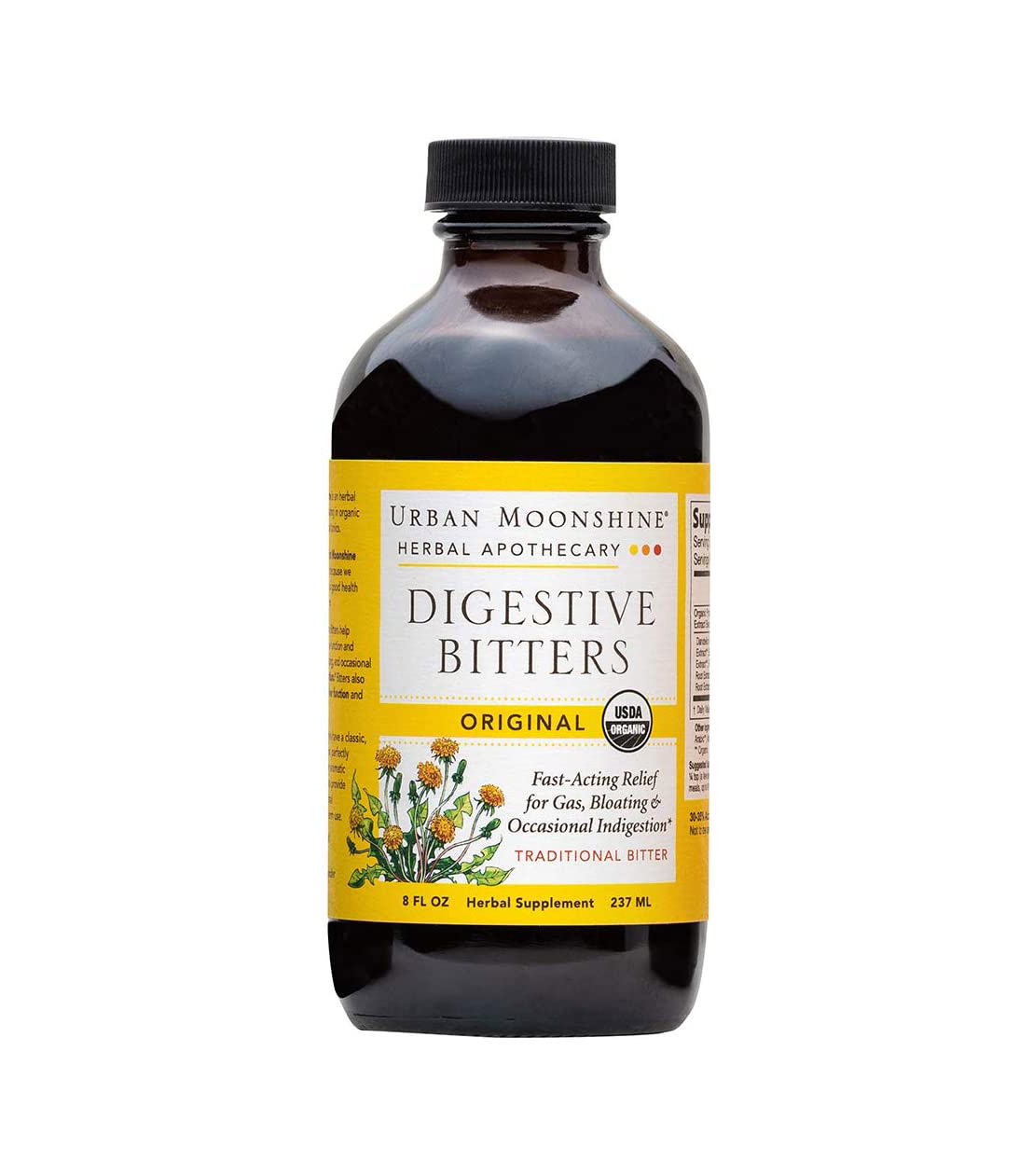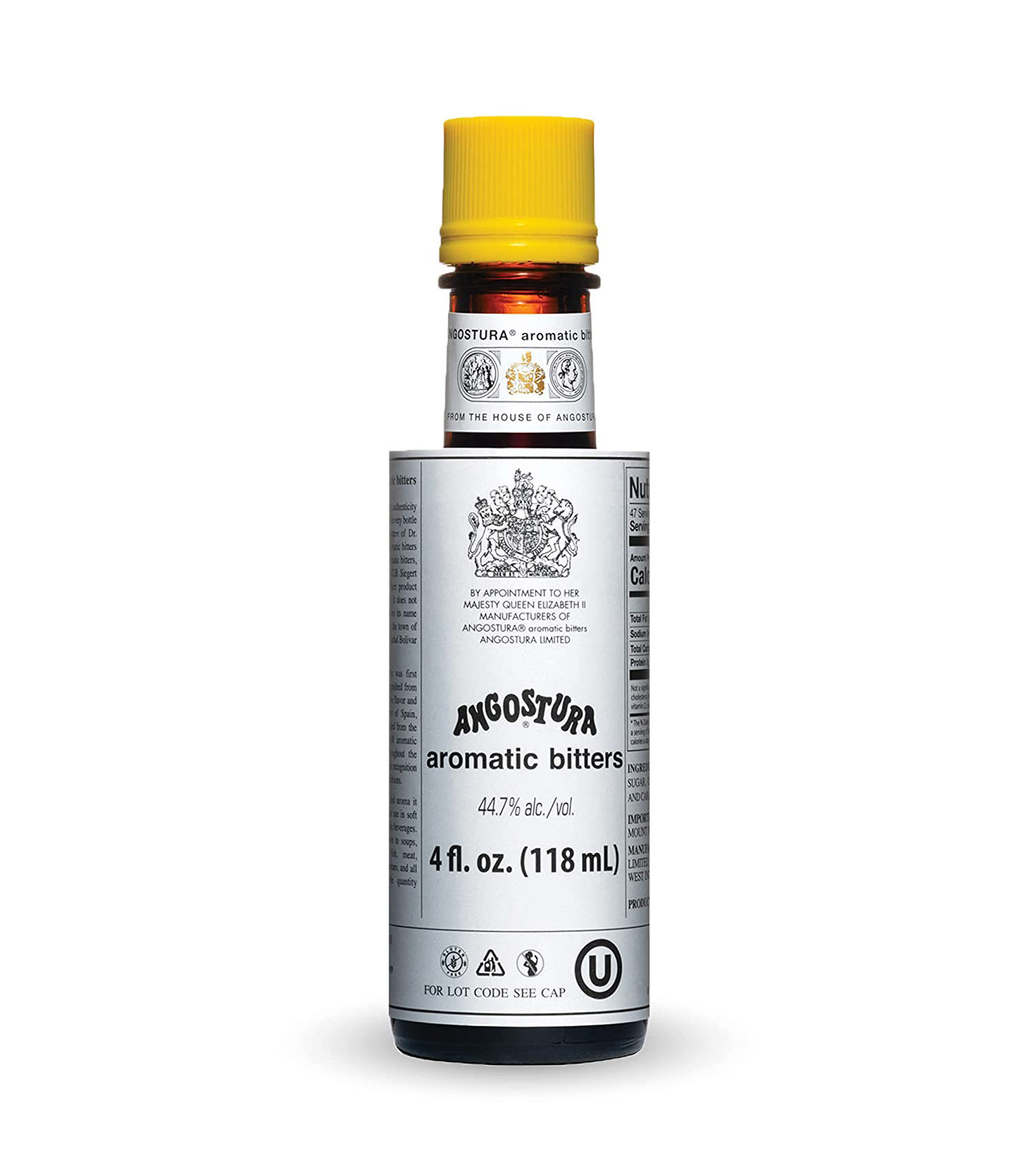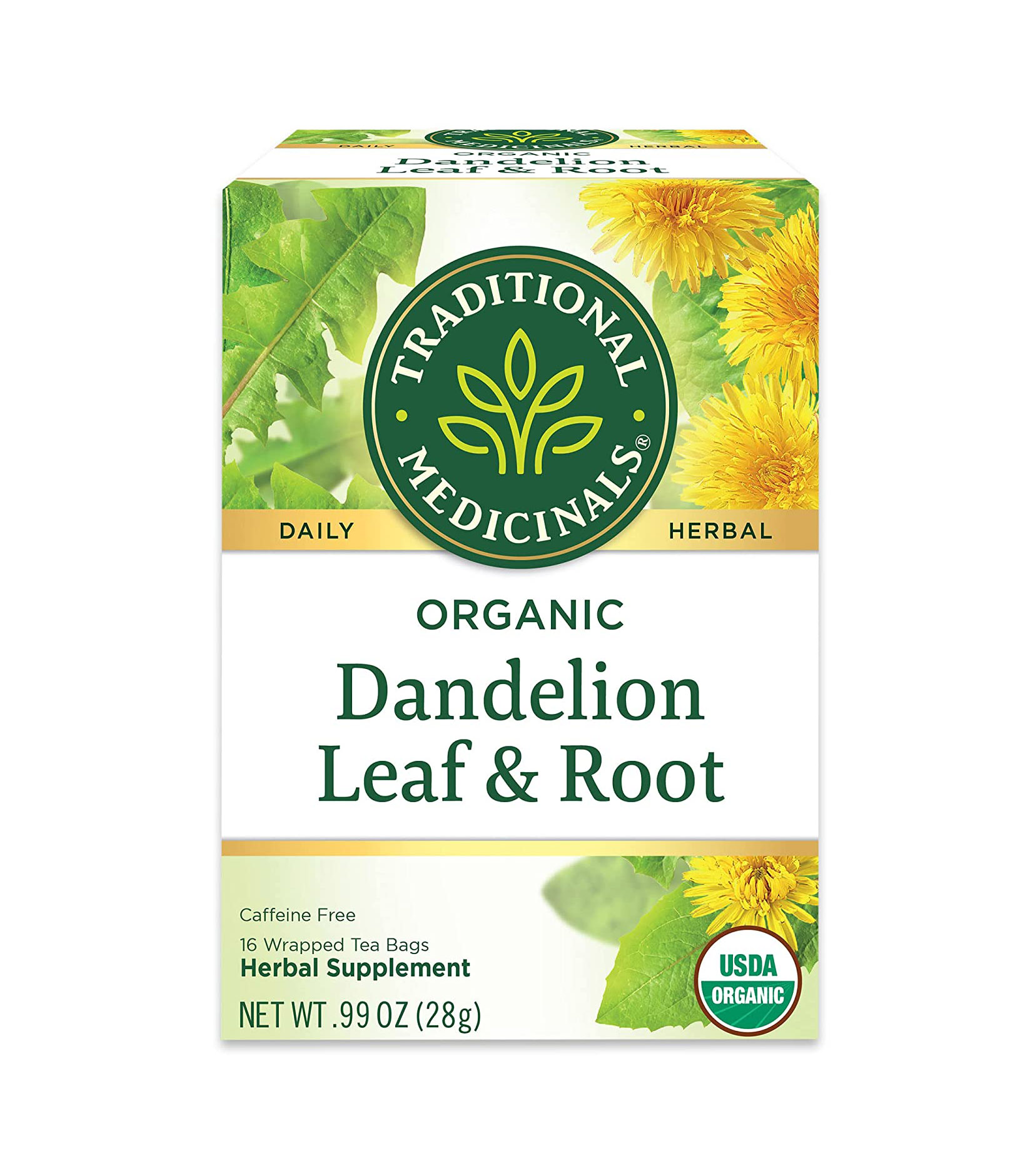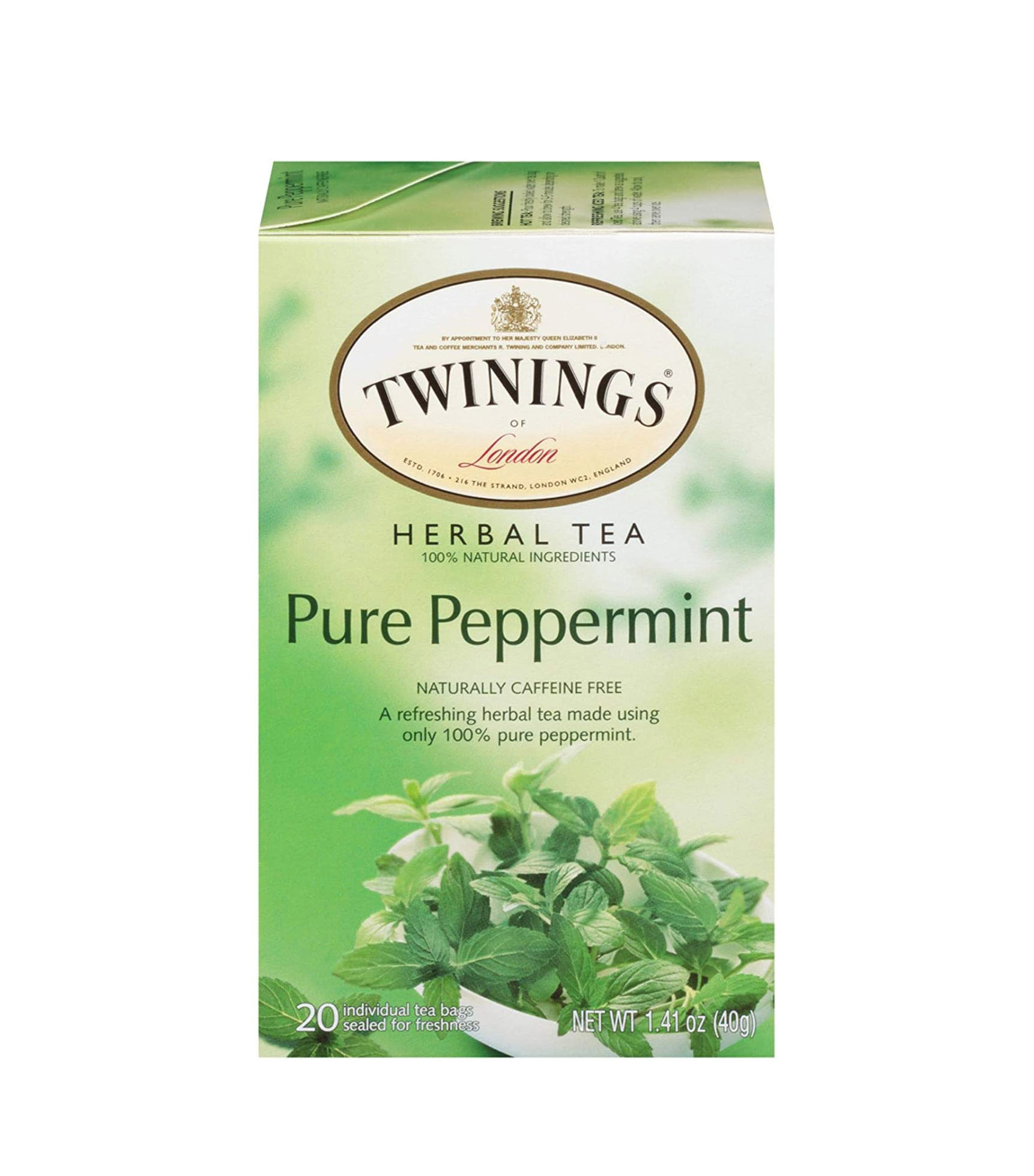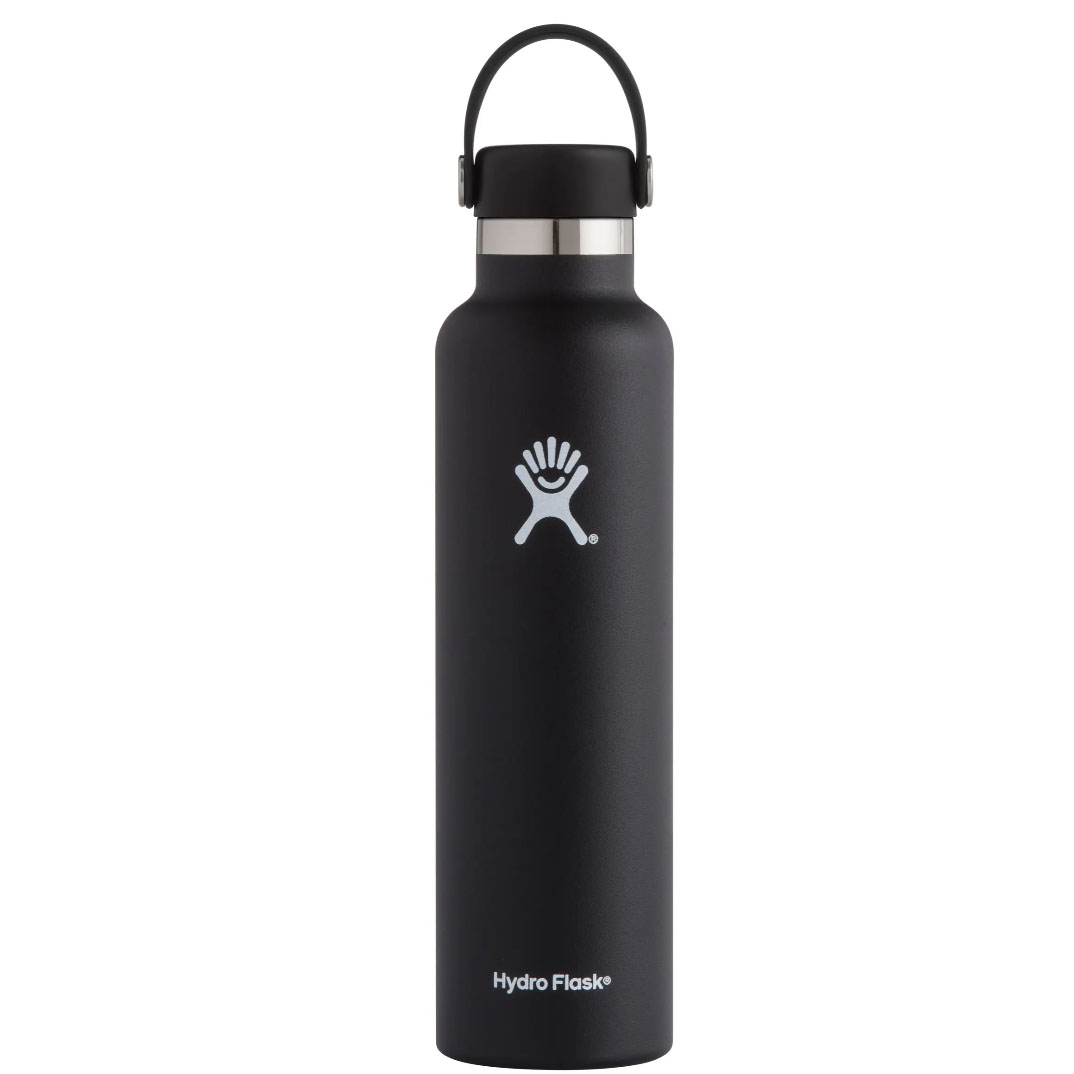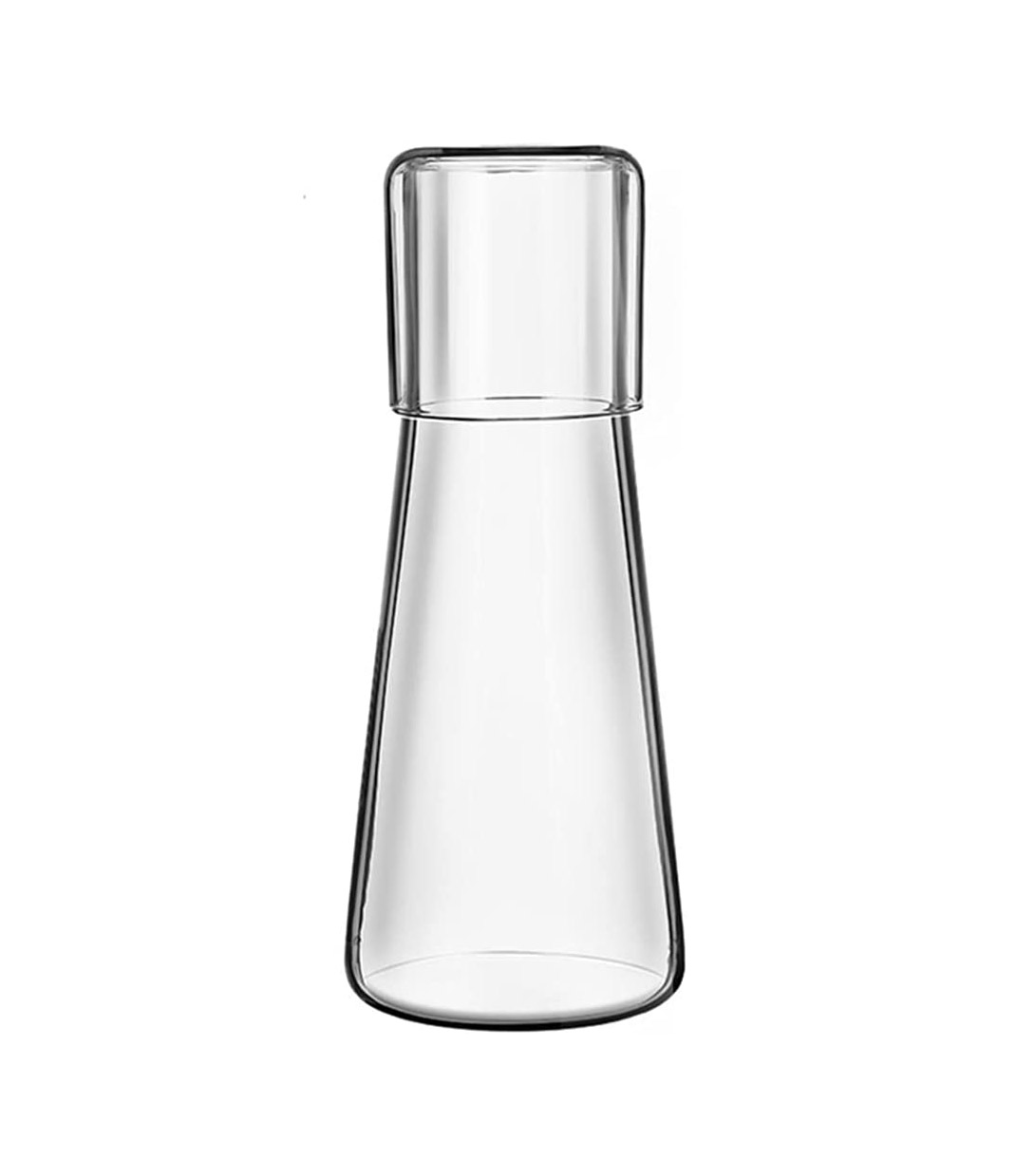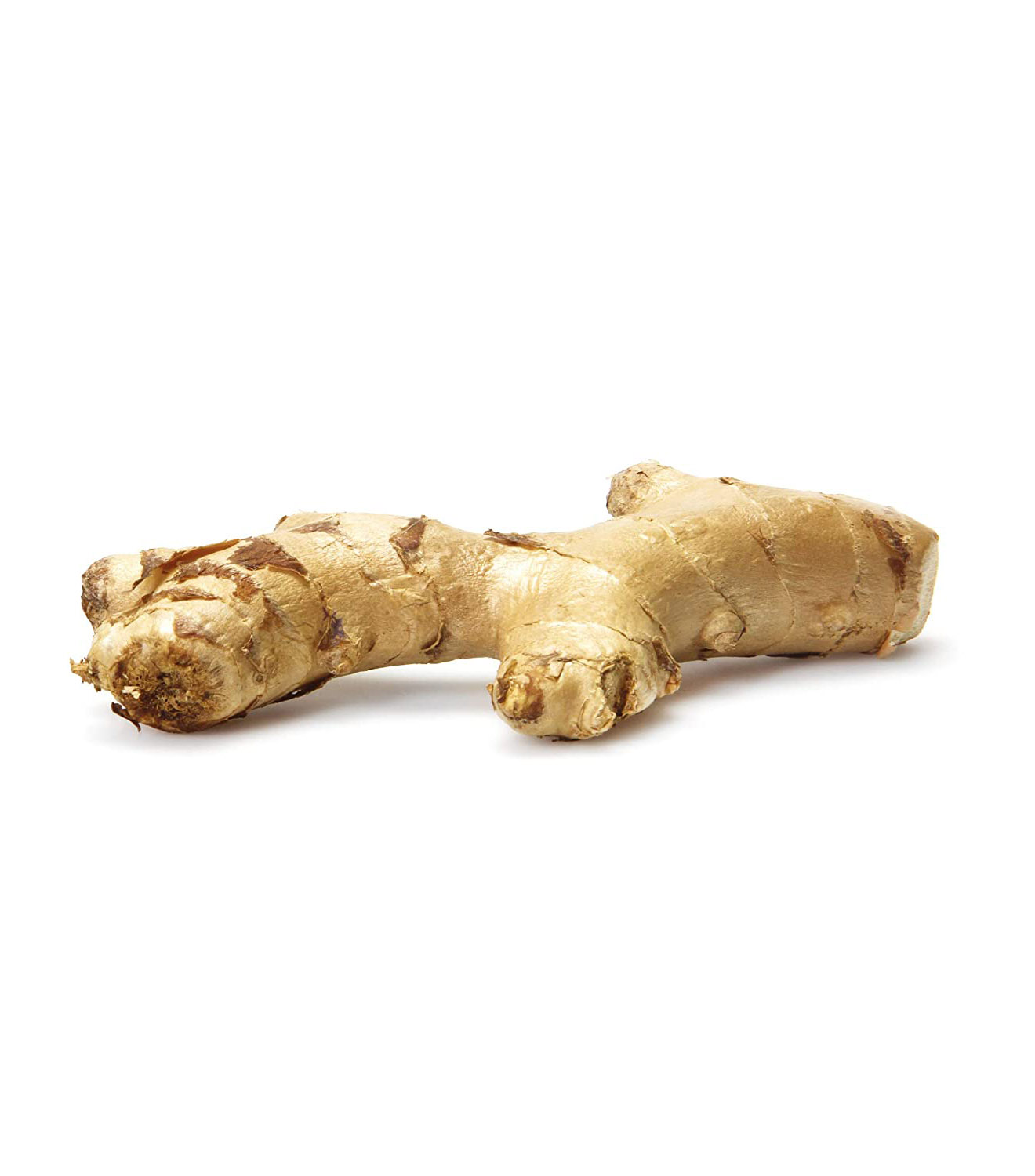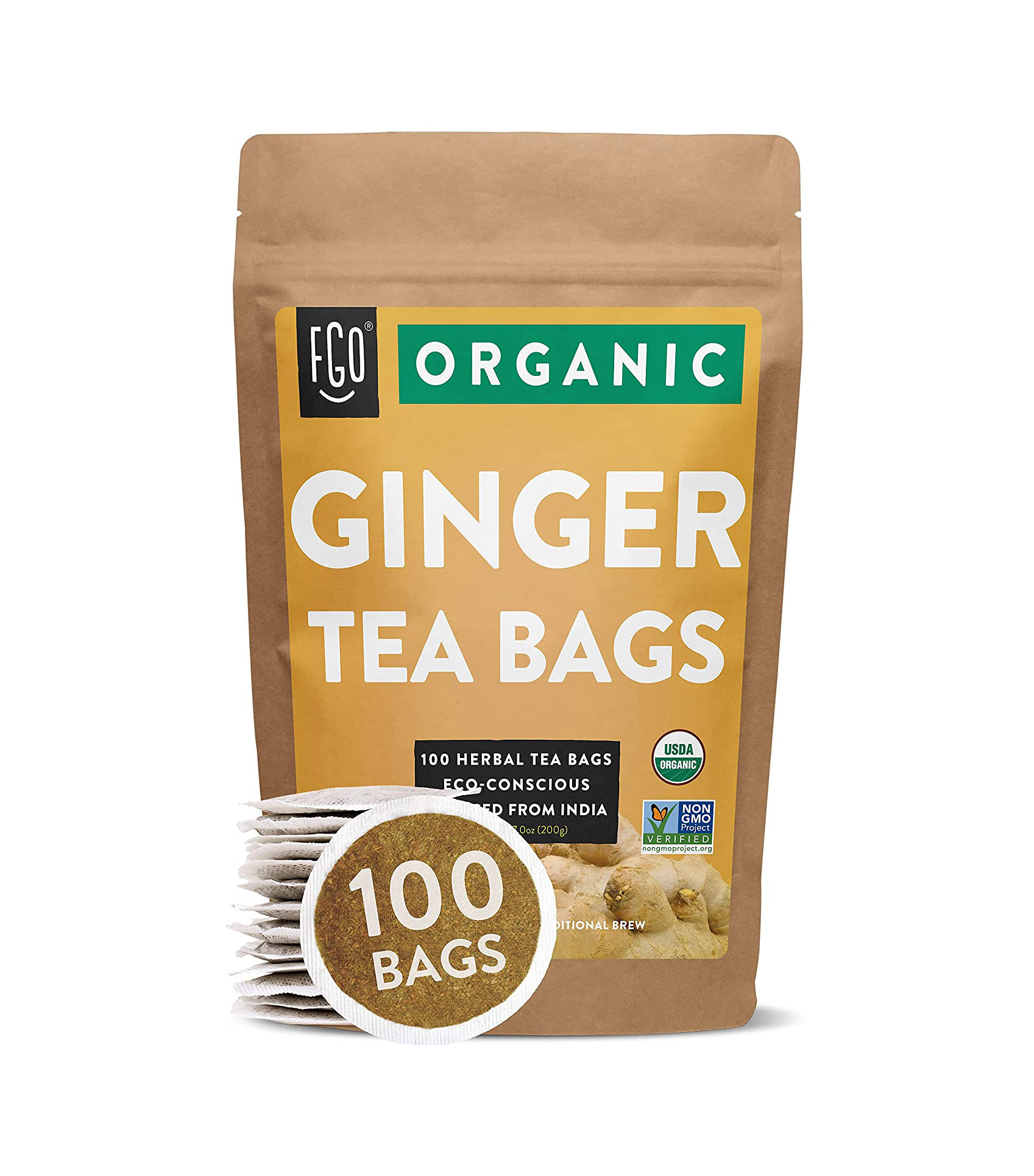15 Things That Cause Bloating and How to Get Rid of It ASAP
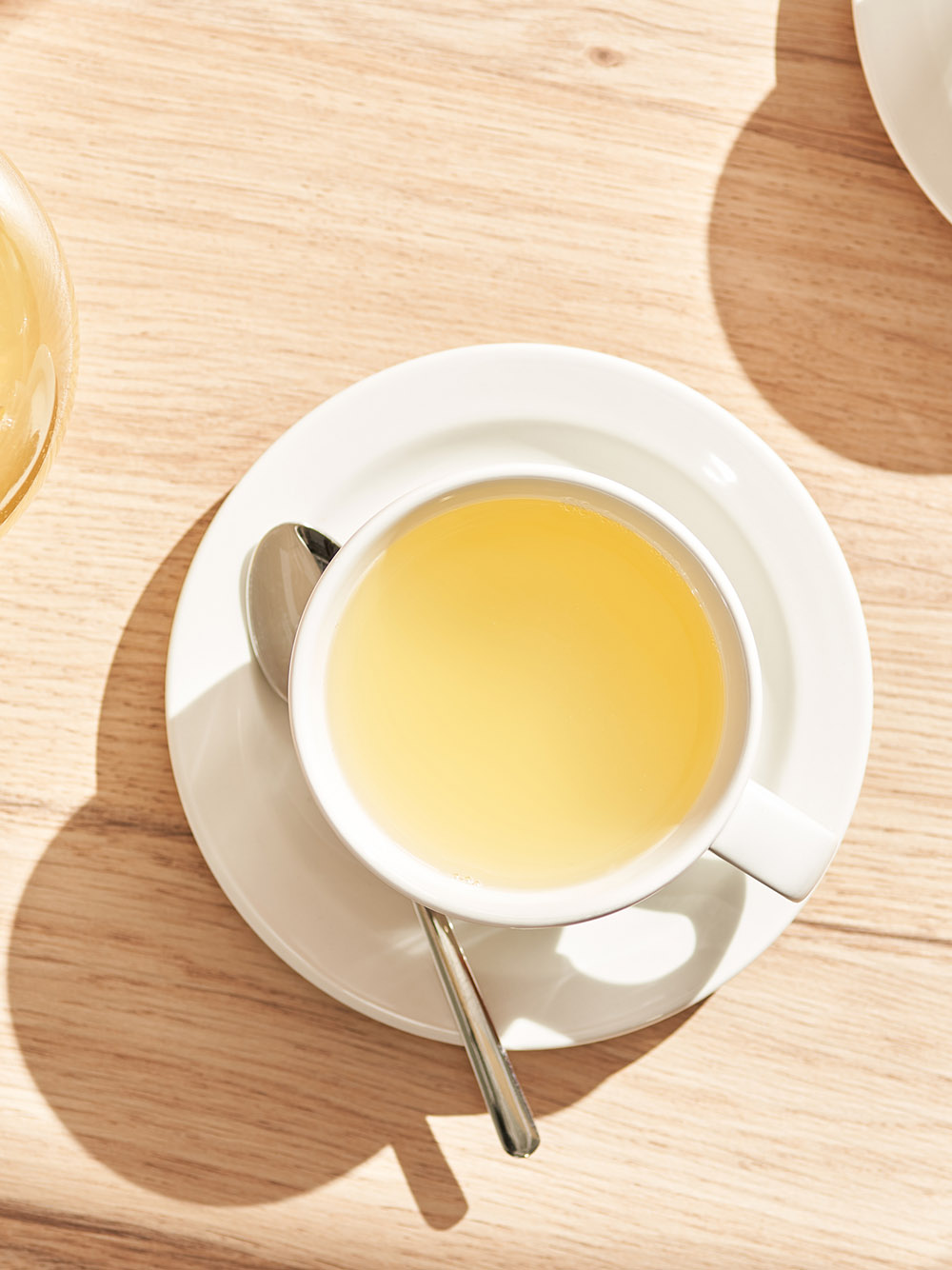
Ahh, bloating. It's (annoyingly) common, and there are so many reasons why you could experience it. Actually, because there are so many factors that can contribute to bloating, it's sometimes difficult to pinpoint what's causing it. "Bloat is an extremely common symptom and can be caused by many things," says Amanda Holtzer, MS, RD, a dietitian at Culina Health. But it's worth noting that everyone's stomach bloats. Our stomach expands and contracts throughout the day based on what and how much we eat and drink, our breathing patterns, and several other factors. Bloat can be a result of something super simple and fixable (i.e. you ate too much at a meal), or it can be a symptom of a deeper-rooted issue.
And Maya Feller, MS, RD, CDN, of Brooklyn-based Maya Feller Nutrition says that many people experience bloating for a variety of reasons, including eating too quickly, swallowing air when eating and drinking, or consuming foods that produce more gas such as legumes or cruciferous vegetables. "Sedentary living can also contribute to bloating, as well as a too-high or too-low fiber pattern of eating. And for some, food sensitivities, intolerances, or allergies can cause bloating," Feller says.

Other factors that contribute to bloating could be constipation; excess intestinal gas; SIBO (small intestinal bacteria overgrowth); certain digestive disorders (gastroparesis, celiac disease, inflammatory bowel disease, ulcerative colitis, or Crohn's disease); PMS or hormonal imbalance; high stress or anxiety; and going too long without eating and then overeating.

When you're experiencing bloating, you probably want to get rid of it ASAP. It's uncomfortable! But you should be careful with some of the "remedies" out there—especially the ones you see online.
"'HealthTok' and 'GutTok' go viral daily with a new remedy for 'beating bloat.' The truth is consumers need to be very cautious about trending recommendations," Feller says. "It's important to ensure that the individual who is providing this type of information has a strong foundation in health and human physiology and that they are sharing information from an evidence-based source. Just because it worked for someone's aunt's sister's cousin to do the internal shower doesn't mean you need to do it, too. Look for creators who have credentials, such as physicians, dietitians, or certified health coaches."
You'll also want to tread carefully with over-the-counter remedies like laxatives or diuretics, Holtzer says. Taking too many laxatives can be dangerous and lead to dehydration and vitamin, mineral, and electrolyte deficiencies. Taking too many diuretics (aka "water pills") can cause excessive urination, which can lead to dehydration and electrolyte imbalances.
In short, to deal with bloating, don't do anything rash or try a quick fix that seems a bit too good to be true. It could end up being more trouble for you. "Don't jump to conclusions and stay in a high-stress state around meals; go down a rabbit hole and spend too much money on questionable supplements online at 1 a.m. (who isn't guilty of this?); consume supplements and/or essential oils without consulting a healthcare provider; or cut food groups out of your diet long-term without speaking to a nutrition professional," advises Tina Ralutz, MS, RDN, CDN, a health coach at Parsley Health.
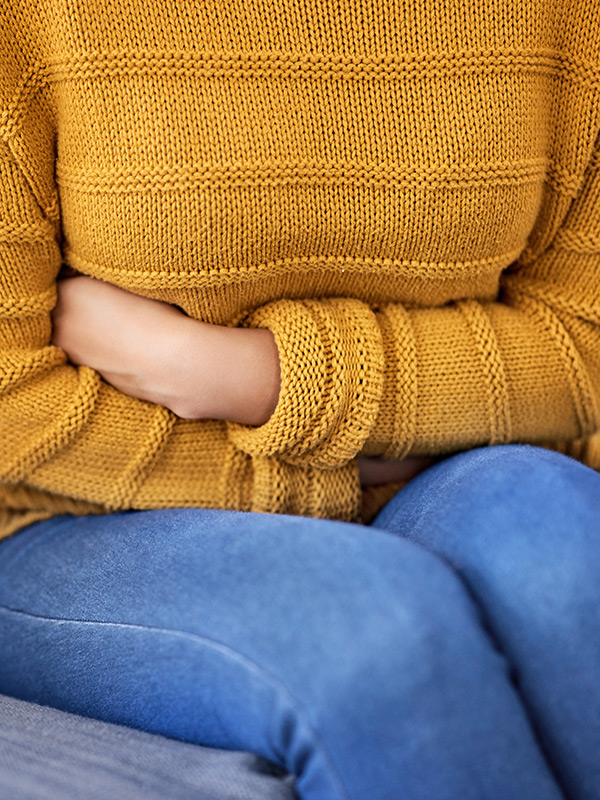
And it's important to keep in mind that some bloating symptoms could be a sign of something more serious. In general, occasional bloat is normal, and it's not something to worry about too much. But if it's consistent and doesn't seem to resolve itself in a couple of hours, there may be something off. "If the stomach becomes painful and hard after eating, this could be a sign that something more serious is going on," Feller says. "Additionally, if bloating happens after simple things such as drinking water or eating small amounts, there may be an underlying digestive issue that should be considered."
Other signs to look for include: your stomach is tender to the touch; your stomach is intensely uncomfortable or painful; you're experiencing unintentional weight loss and still have stomach bloating; you have diarrhea; you have a loss of appetite; or you're experiencing intense fatigue.
But if none of the above applies to you, there are a couple of home remedies for bloating that you can try, and the experts have outlined them for us below.
1. Track Your Bloat
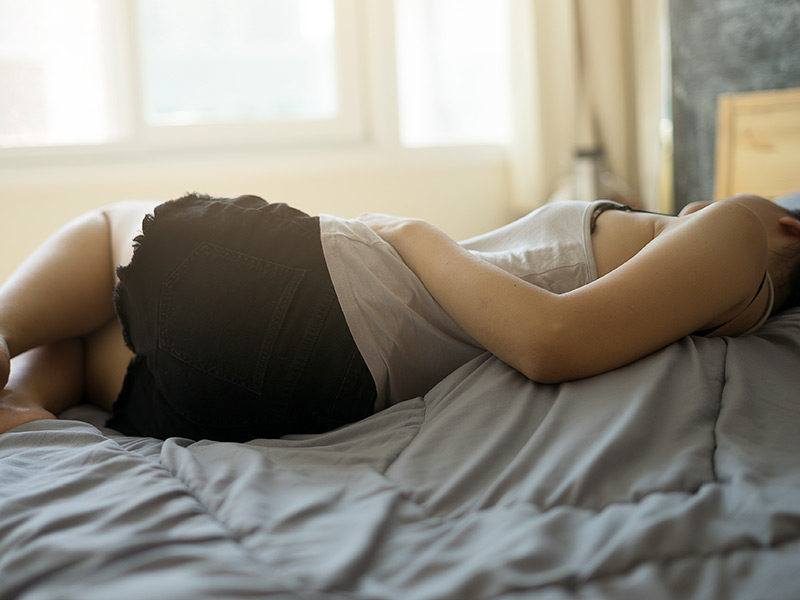
Ralutz recommends paying attention to when you experience bloating, which can help you figure out where it's coming from. "For example, it's common to bloat in the week or two leading up to menses or when stress is high. But if you're waking up bloated, your bloating gets more intense after eating certain foods, or your bloating is causing significant discomfort/pain, it's time to speak to a medical professional to help find the root cause," she explains.
2. Be Aware of Food Sensitivities
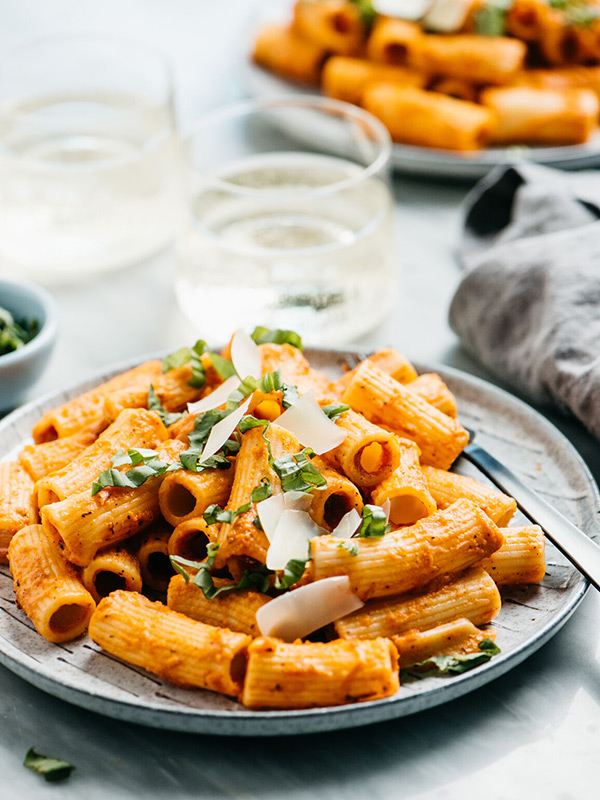
If you're unsure about food sensitivities, pay attention to your body. "About an hour or so after each meal, have a mental check-in," Holtzer recommends. "How am I feeling after that meal? Am I bloated? Am I gassy? Am I uncomfortable in any way? Over time, try and take notice of trends. Maybe you notice you feel bloated after meals that contain dairy. Once you establish your own triggers, be mindful of limiting those foods as you're able."
You might even have to eliminate some foods from your diet that might trigger bloating. "Some foods have properties that inherently make them harder to digest and, as a result, can more easily lead to bloating," Ralutz says. "These foods are known as higher FODMAP foods. While eliminating these foods for a period of time can bring symptom relief, it's not a long-term solution. Working with a nutrition professional can help get to the root of the issue and prevent long-term restrictive eating patterns."
3. Chew Thoroughly
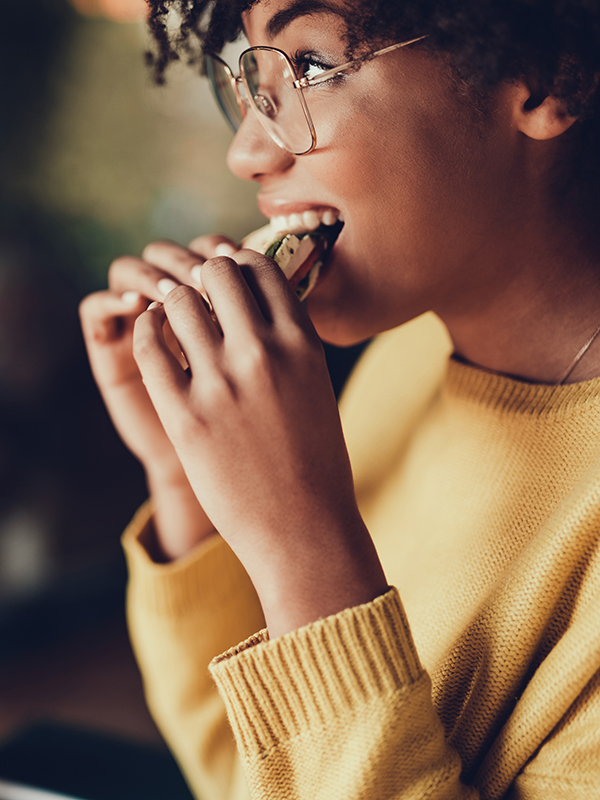
"Thoroughly chew each bite before swallowing to avoid swallowing too much air and large bites of food, which can be harder to digest," Feller says.
4. Eat Slowly

"Aside from hardly chewing, it can be so easy to rush through meals," Ralutz says. "But too much food at once can overwhelm the digestive tract, leading to uncomfortable symptoms like gas, burping, bloating, and even pain. This is compounded if a large amount of food is hitting the gut after going too long without eating anything."
5. Eat a High-Fiber Diet
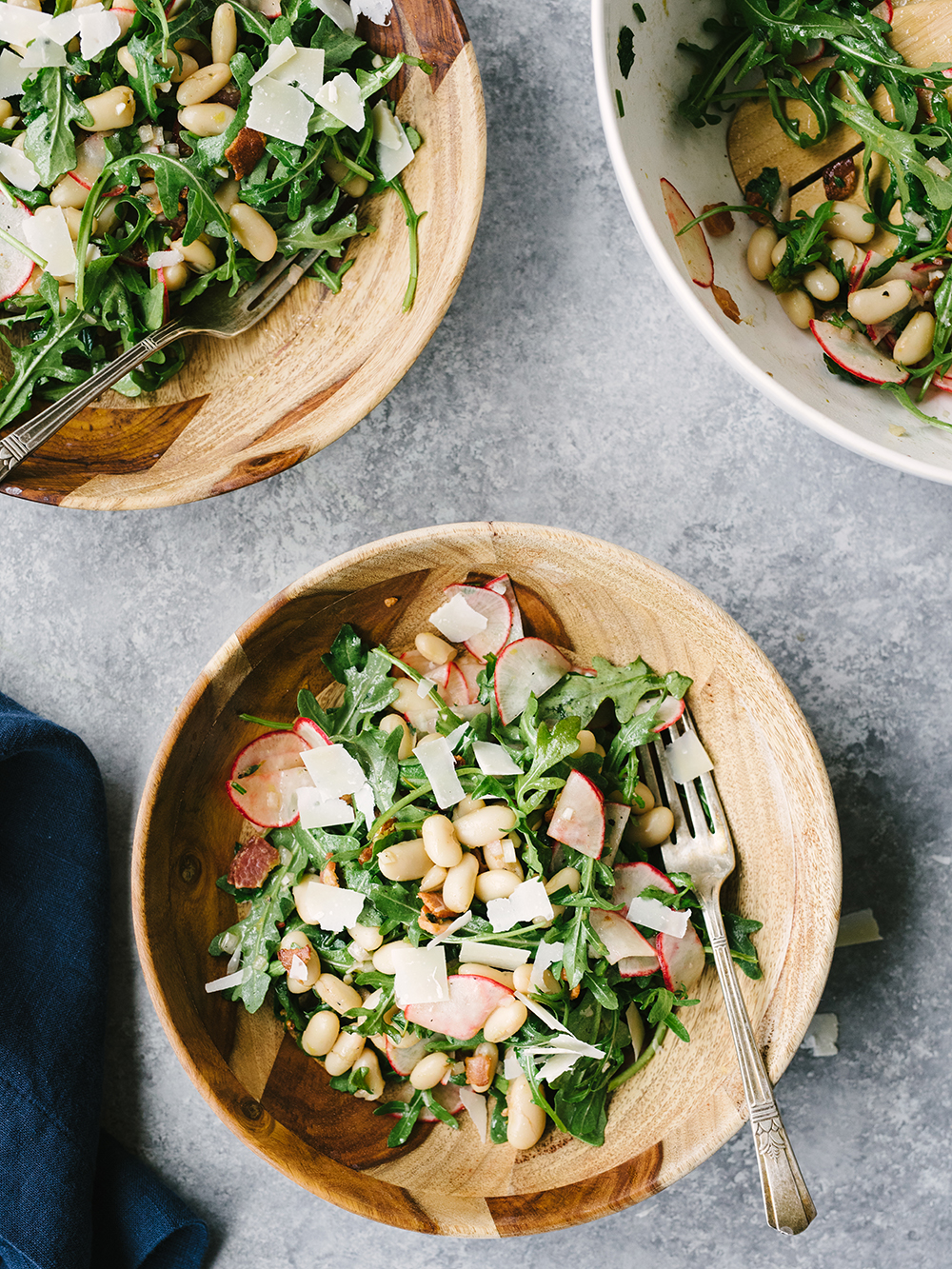
Holtzer says as fiber moves through the digestive tract, it binds to and drags cholesterol, excess fat, and toxins out of the body via the stool.
6. Eat Foods With Diuretic Properties
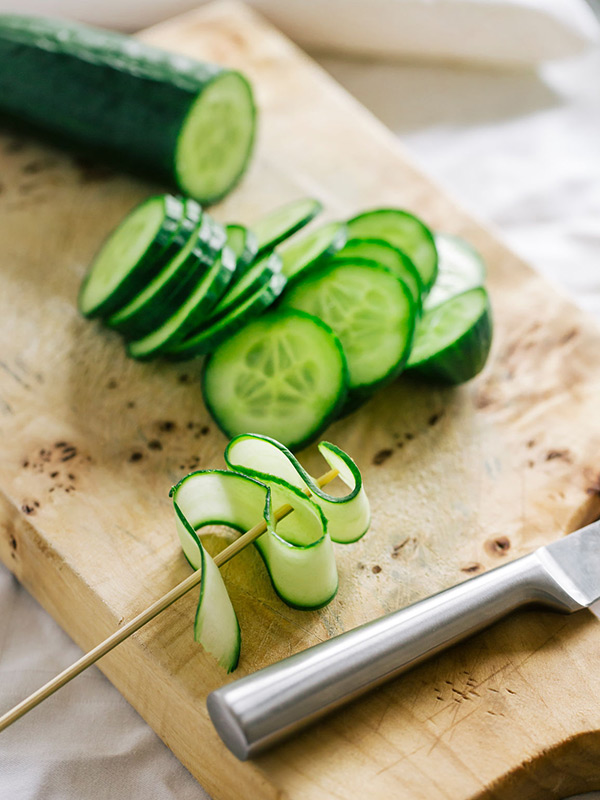
Foods with diuretic properties help get rid of excess fluid in the body, which often contributes to bloat, Holtzer says. Examples of these foods include lemons, cucumbers, watermelon, ginger, and celery.
7. Add Probiotic-Rich Foods to Your Diet

Holtzer also recommends eating probiotic-rich foods consistently. "Probiotics consist of good bacteria—aka bacteria that ward off bad bacteria, or the bacteria that cause illness," she explains. "Having a diverse and flourishing population of good bacteria in your gastrointestinal tract can help prevent symptoms like gas and bloat. Probiotic-rich foods include sauerkraut, yogurt, kimchi, and tempeh."
8. Avoid High-Fat Foods
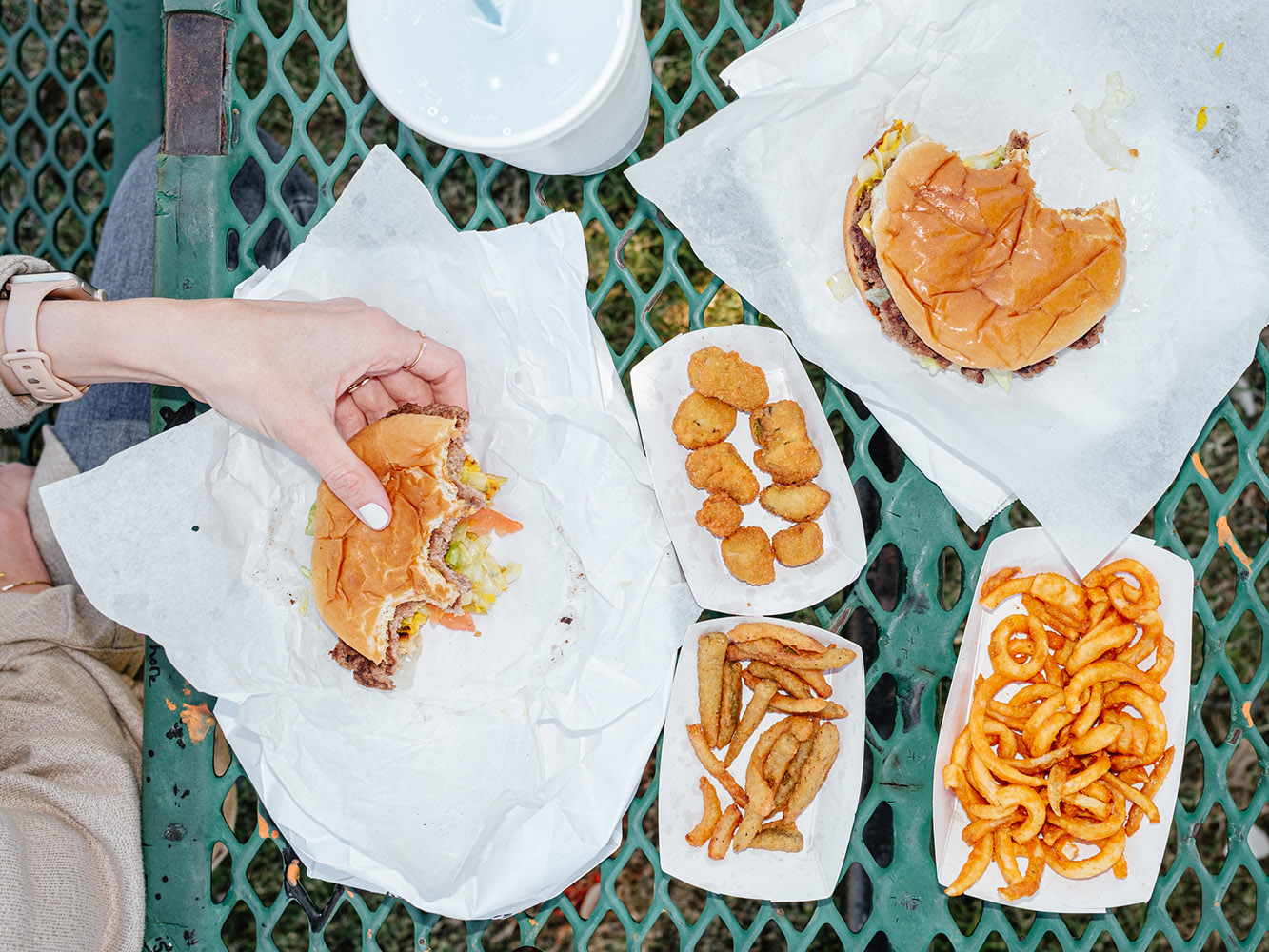
"Be mindful of consuming excessive quantities of foods that are high in fat as they can slow down digestion and lead to increased bloating," Feller says.
9. Avoid Carbonated Beverages
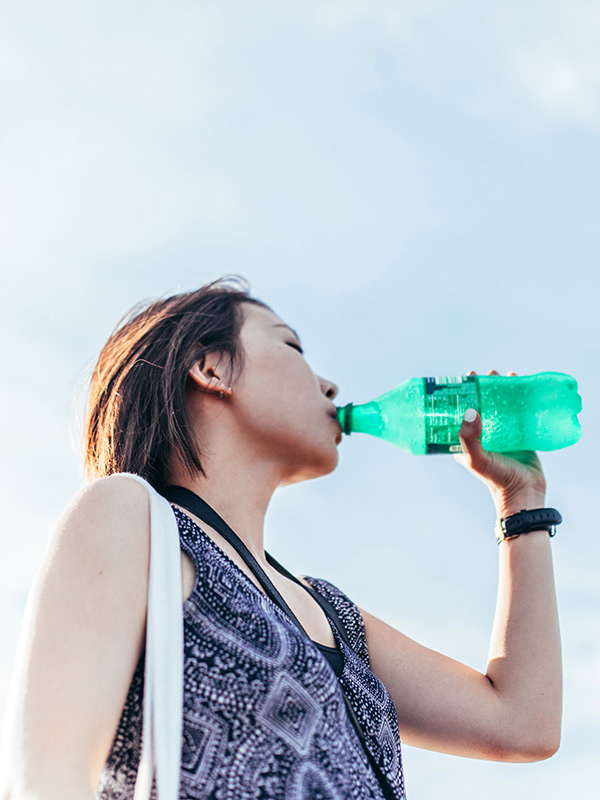
If you're sensitive to carbonated beverages, you'll want to avoid or limit them. Feller says that these can add additional carbon dioxide, which exacerbates bloating.
10. Try Bitters
"When it comes to getting the digestive system ready to do its job, bitters come in for the win," Ralutz says. "Bitter foods or digestive bitters before a meal get the digestive system ready for food by increasing stomach acid right as the meal is happening. This encourages the breaking down of foods to the proper size, decreasing the likelihood of digestive symptoms like bloating."
11. Drink Herbal Teas
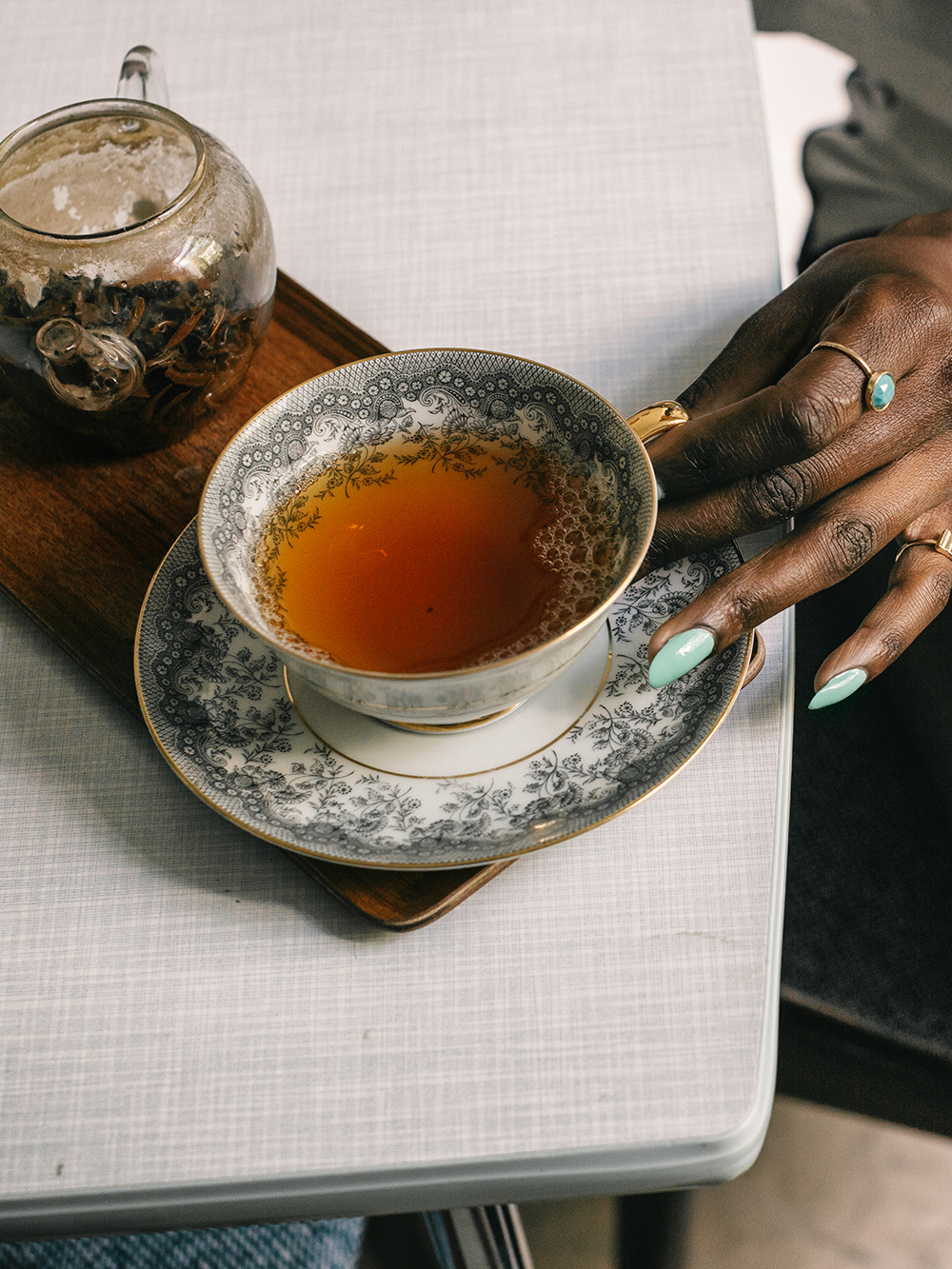
Certain teas can help with bloating. "Dandelion tea is a natural diuretic, meaning it helps get rid of excess water in the body," Holtzer says. "And peppermint tea—research shows that the oil in peppermint relaxes the muscles of the gastrointestinal tract, thus relieving symptoms like gas and bloating."
Other helpful ingredients include plants in the mint family, which are considered carminatives, meaning they suppress gas formation in the gut, Ralutz says. Look for herbs like peppermint, spearmint, lemon balm, tulsi, perilla, and more, which contain flavonoids that suppress inflammatory signaling pathways in the gut.
12. Consume Plenty of Water
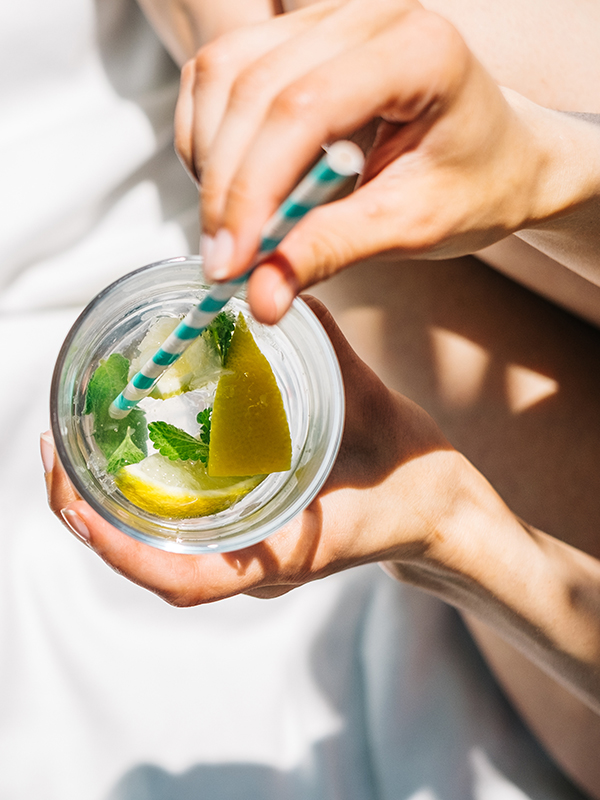
"The fiber we mentioned earlier? Without water, fiber cannot do its job. Water is what moves the fiber, and all of the toxins it binds with, through the digestive tract," Holtzer says.
13. Eat Ginger
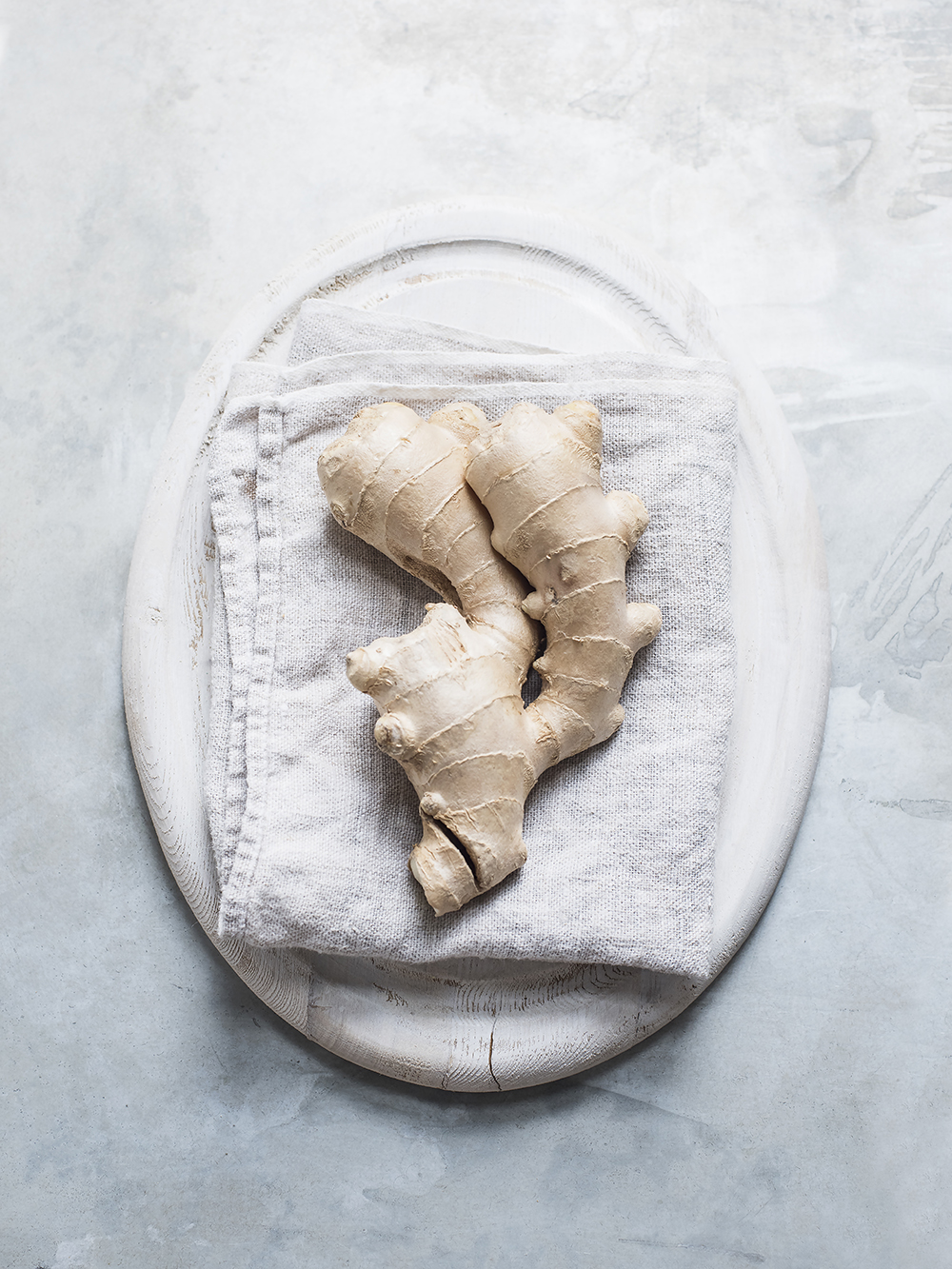
"Consuming ginger through items like ginger tea and raw or pickled ginger can help to improve digestion and move foods through the digestive tract," Feller says.
14. Be Patient and Kind to Yourself
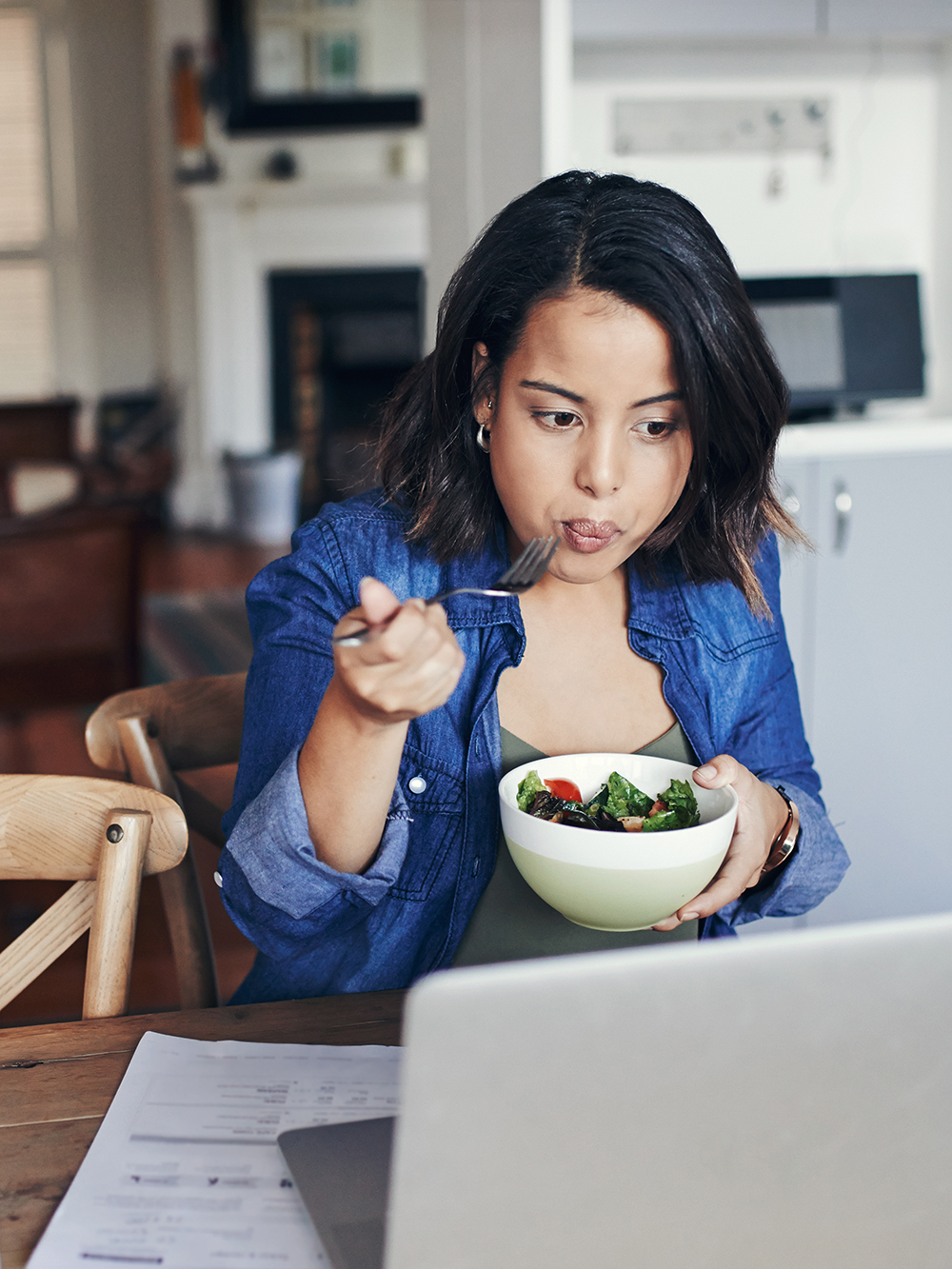
"It can be all too easy to feel frustration and even anger toward a body that always seems to be bloating, but this is where it doesn't benefit us to work against ourselves," Ralutz says. "Many of us have been socialized to put a lot of worth into our image, so when bloating comes along, it can feel detrimental to our sense of self. Ultimately, it's the body showing some discomfort or even distress, so some self-compassion can go a long way and make the process feel less intense and frustrating."
15. Get Moving
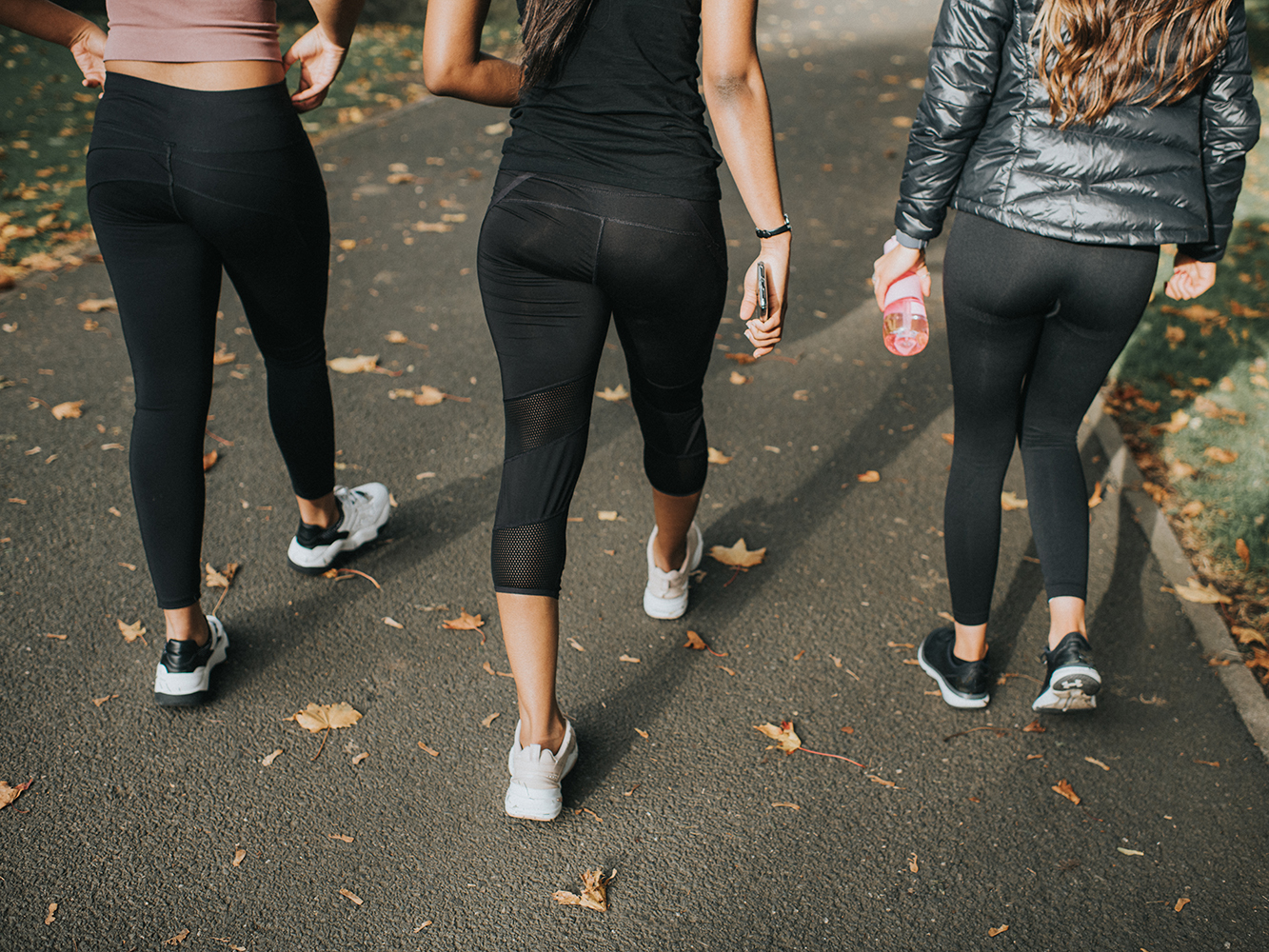
Holtzer suggests maintaining a consistent movement regimen. "Movement and exercise not only help with weight maintenance, but they help with digestive regularity," she says. "Digestion is a mobile process, so moving the body helps to move along the process of digestion. The more regular and consistent digestion is, the less likely you are to experience bloat."
Why not go for a walk after dinner? Feller says going for a walk after a meal can help to stimulate digestion and move the stomach contents through the digestive system.
Next: These Drinks Work Like Magic on Painful, Annoying Bloating
This article is provided for informational purposes only and is not intended to be used in the place of advice of your physician or other medical professionals. You should always consult with your doctor or healthcare provider first with any health-related questions.
Sarah is lifestyle writer and editor with over 10 years of experience covering health and wellness, interior design, food, beauty, and tech. Born and raised in Los Angeles, she attended New York University and lived in New York for 12 years before returning to L.A. in 2019. In addition to her work at Who What Wear, she held editor roles at Apartment Therapy, Real Simple, House Beautiful, Elle Decor, and The Bump (sister site of The Knot). She has a passion for health and wellness, but she especially loves writing about mental health. Her self-care routine consists of five things: a good workout, “me” time on the regular, an intriguing book/podcast/playlist to unwind after a long day, naps, and decorating her home.
